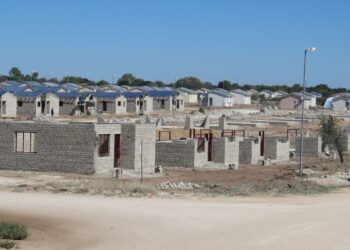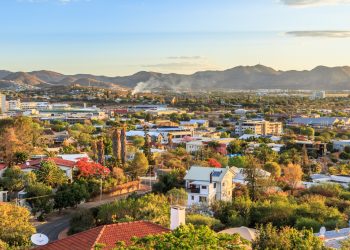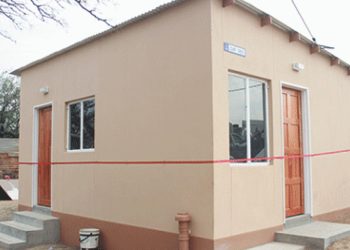
In this first episode of The Property Buyers Guide, we dive into the world of property investment with insights from FNB Namibia economist, Ms. Helena Mboti.
Here are the key takeaways for first-time buyers looking to understand why property is considered a solid investment for long-term financial growth.
Q: How does purchasing a property contribute to long-term financial security and wealth building, especially for first-time buyers?
A: Purchasing property is one of the most effective ways to build long-term financial security. As you pay down your mortgage, you increase your equity in the property. Over time, this equity becomes a valuable asset, which may grow even further if the property appreciates in value. Owning property also provides opportunities for rental income and tax benefits, which can further strengthen your financial position.
Additionally, property ownership offers stability and control over your living environment—a significant factor for those looking to settle down and build a future. For first-time buyers, this combination of equity growth, income opportunities, and security makes real estate a particularly solid investment.
Q: What economic factors should first-time buyers consider when deciding to invest in property?
A: First-time buyers should evaluate several economic factors before investing in property. Interest rates, for instance, directly impact mortgage costs and should be carefully considered to determine affordability. Another key factor is the current state of property prices and market trends, which can indicate the potential for appreciation over time. Local economic conditions, such as job growth and income levels, are also important indicators of market strength. Buyers should also be aware of property taxes and their impact on the overall cost of ownership.
Finally, personal financial stability—including credit scores, savings for a down payment, and emergency funds—are critical components of a successful investment. Taking all of these into account will help ensure that first-time buyers make a sound and sustainable financial decision.
Q: How should someone decide between renting and owning a property?
A: The decision between renting and owning comes down to several factors. Renting typically offers more flexibility and fewer upfront costs but does not build equity. On the other hand, owning a home offers long-term stability and the chance to grow your wealth through equity, but it also requires a significant financial commitment and ongoing maintenance.
Ultimately, the right choice depends on your personal financial situation, long-term plans, and how much control you want over your living space. Those who prioritise stability and wealth-building may lean toward owning, while those who need flexibility might prefer renting.
Conclusion
This episode emphasised that property is more than just a place to live—it’s a powerful tool for financial security. By considering economic factors and personal financial readiness, first-time buyers can make informed decisions that will benefit them for years to come.
Join us next week on The Property Buyers Guide as we continue to provide insights and tips for navigating the property market.
To get started with your home loan application, email the FNB Home Loans department at fnbpreapprovals@fnbnamibia.com.na or visit your nearest FNB Namibia branch today.











